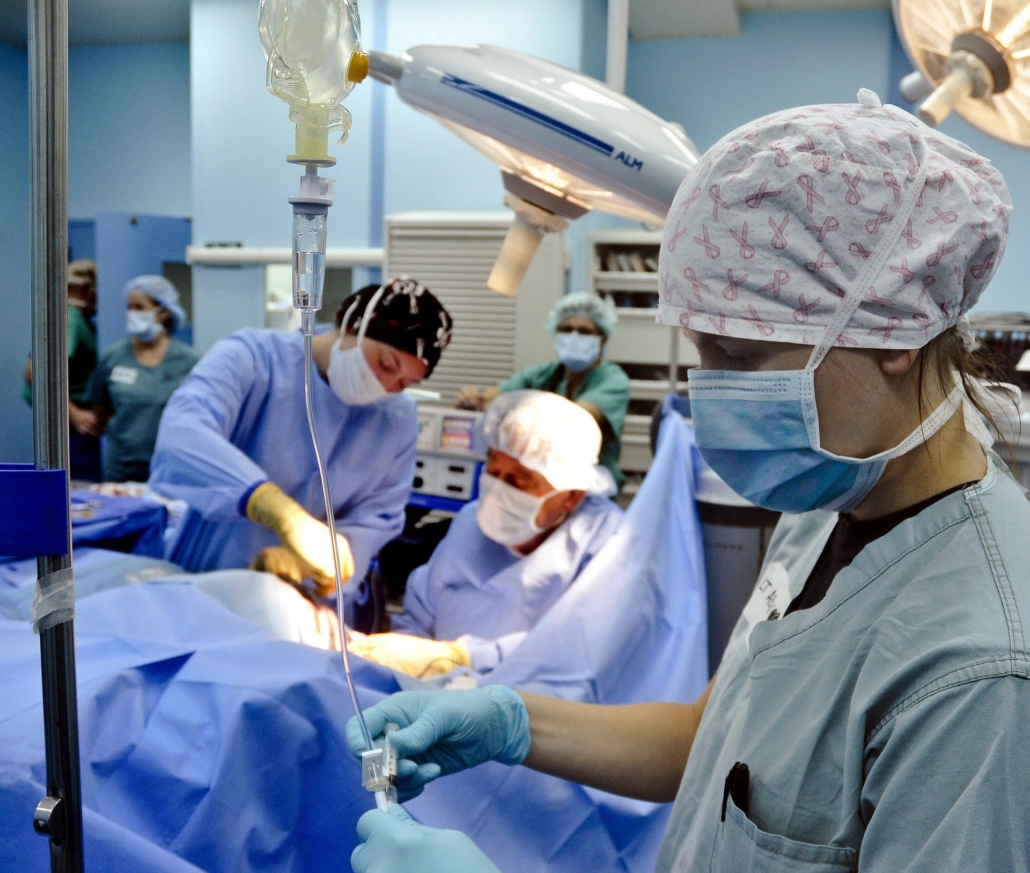WHO’s Council on the Economics of Health for All issues brief on equitable health innovation
Leading economists and health experts call for a health innovation ecosystem governed by “the common good”
The WHO Council on the Economics of Health for All, which comprises leading economists and health experts from across the globe, has called on governments, the scientific and medical community and private sector leaders to re-design the health innovation ecosystem toward delivering health technologies for the common good.
In the Council’s first brief, its members called on the public and private sectors to work collaboratively to deliver needed vaccines, therapeutics, diagnostics, and other essential health supplies that are available equitably to those who can benefit.
The Council Brief recommends both immediate and long-term action, urging all stakeholders to work towards creating a health innovation ecosystem characterized by purpose-driven and symbiotic public-private partnerships that put the common good front and centre.
“Mobilizing money to throw at solutions that fail to address the underlying causes of longstanding structural problems will not be sufficient,” according to the Council Brief. “We all must look forward towards re-imagining health innovation as part of a new economic ecosystem that can deliver Health for All.”
Deep change is needed
The Council has made clear that just patching up the existing system will not work. Deep change is needed on how intellectual property rights are governed to drive collective intelligence, how corporate governance is structured, and how the benefits of public investments are shared to avoid the current dynamic of sharing risks but privatizing rewards.
To build an inclusive end-to-end health innovation ecosystem able to deliver the appropriate medical technologies required to achieve Health for All equitably, the following building blocks are critical:
- Creating purpose-driven innovation through a mission-oriented approach;
- Reshaping knowledge governance to nurture collective intelligence;
- Reforming corporate governance to be more long-term and purpose-oriented;
- Building resilient manufacturing capacity and infrastructure;
- Introducing conditionalities for public investments to build symbiotic public-private partnerships;
- Strengthening the capacity of the public sector on both the supply and demand side.
Growing calls for urgent action
In the short-term, the Council, in its brief, adds its voice to the growing calls for urgent action in four areas:
- Available vaccine doses should be redistributed immediately, not as acts of charity, but as a shared imperative for pandemic control and inclusive, equitable and sustainable access.
- Technology transfer and building manufacturing capacity must be supported and financed, not as the responsibility or property of any single actor, but as a collective responsibility towards building health greater health security and resilience in all regions, governed as common goods.
- Knowledge should not be kept as privatized intellectual property under monopoly control but considered collective rewards from a collective value creation process to be openly shared and exchanged.
- Existing mechanisms set up to address the above aspects, including COVAX, ACT-Accelerator, and the Covid Technology Access Pool, should be utilized and strengthened, not as an approach to fix market failures, but as turning points for creating market-shaping approaches.”
The Council’s brief came ahead of the G7 Leaders’ Summit under the U.K.’s Presidency, which aims to build back better from the COVID-19 pandemic, including by strengthening resilience against future pandemics; and following the Seventy-fourth World Health Assembly and the G20 Global Health Summit co-hosted by Italy and the EU earlier this month.
The Council, which was established by the World Health Organization in November 2020, is chaired by noted economist Professor Mariana Mazzucato, Professor of the Economics of Innovation and Public Value and Founding Director in the Institute for Innovation and Public Purpose at University College London.
Its patron is H.E. Sanna Marin, Prime Minister of Finland.



